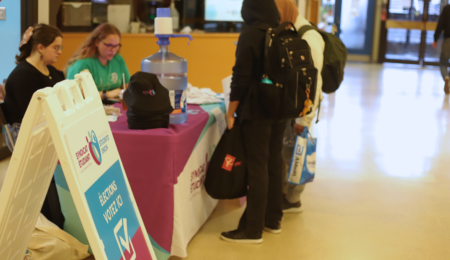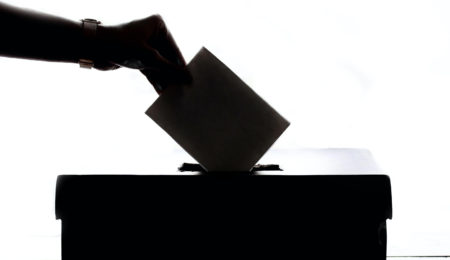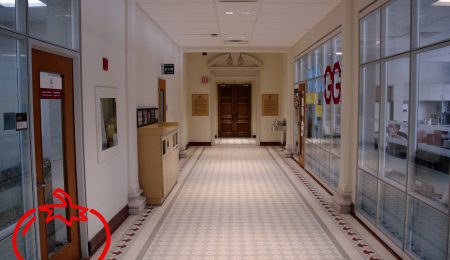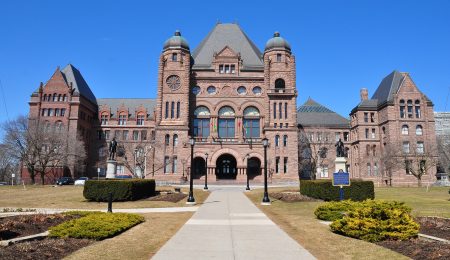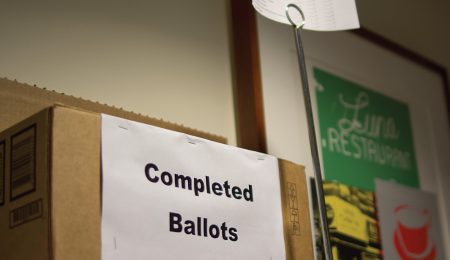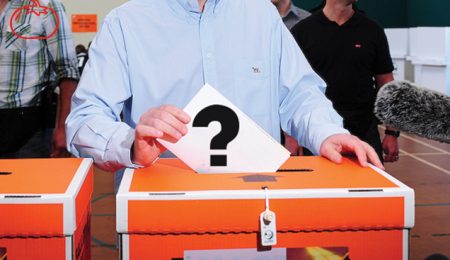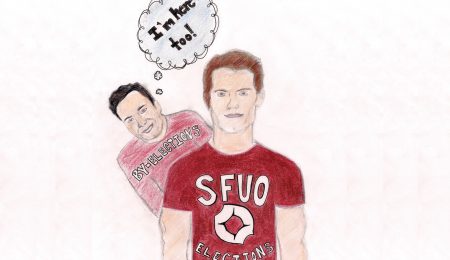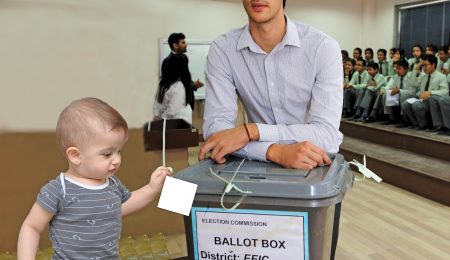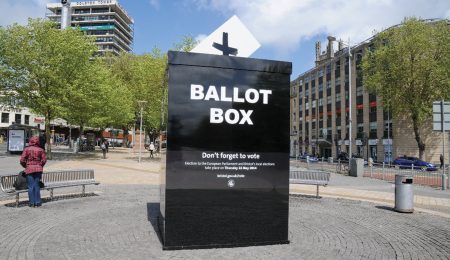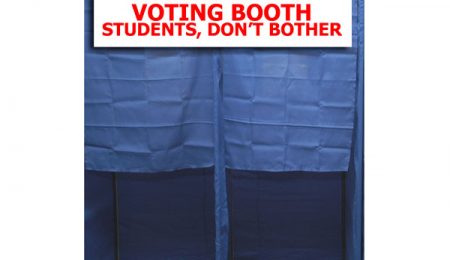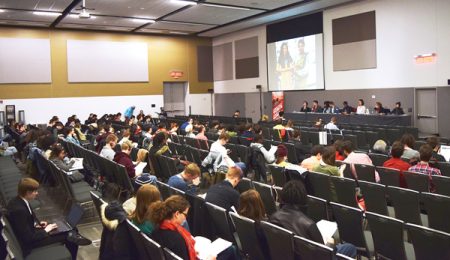Undergraduate students can vote in person or online until Oct. 12.
voting
On Feb 14 the Fulcrum interviewed current UOSU president Delphine Robitaille about her campaign for a second term as president.
Politicians need to care about youth priorities and youth need to care about politics.
Don’t throw your ballot into the canal. It is not a wishing fountain. You’ll be polluting, not manifesting.
The Vote on Campus initiative served to expand accessible voting for young voters. This was especially beneficial for students voting for their home riding rather than the riding of their university. In the absence of this program, many are confused about how to vote — where does one register, and how does one navigate voting from afar?
Despite a reputation for apathy towards elections, many young people have gotten involved in the upcoming federal election.
Election day and you’re not sure what to do? Read this!
Whatever the reason for not voting it seems that students are saying loud and clear, “S-F U-O.”
We should demand more from our democracy.
While all parties will be discussing their stance on the strike in coming weeks it seems that their support of students isn’t unconditional. Instead of only discussing student issues when there’s a chance for political points provincial parties should support students all the time.
Mandatory voting is certainly something to study for the future, but given our current lack of information and resources at the U of O, the discussion should remain theoretical for the time being.
“I’m absolutely shocked at the outcome. The implications of this meeting could be felt for a very long time.”—Peter Ellis, a political science professor at the U of O.
Candidates will be expected to submit their nominations and platforms no later than five days in the past.
If you want your voice to be represented at the highest levels of the SFUO, voting for an effective faculty director is the quickest and easiest way to do it.
In this modern age, where one can broadcast their ideas in 140 characters (or less) and share cat videos in the blink of an eye, online voting for the SFUO seems to be the next logical step.
The thing is, the Ontario government already recognizes that 16-year-olds can understand the issues and can form independent judgments on them. After all, civics class is taught in grade 10, not in grade 12, for a reason.
It’s important to make sure that all communities across the country are well informed on the issues at hand—this means bringing proper discussion beyond big urban centres.
“All opinion polls show a close race,” he said. “Historically close races have increased youth voter turnout rate for all demographics. This is the closest race ever.”
Stop the Student Vote points to current political calm Photo: Kim Wiens “Presumably, most of you reading this will not be voting in the upcoming election,” said chapter president Jane Smith. “To anyone that plans to partake in this redundant process, let me enlighten you as to why voting isn’t worth your time.” Smith cited time …
Today’s high school and university graduates are facing unprecedented challenges—high unemployment rates, crippling student debt, an inflated housing market, and a social safety net that no longer offers the protection that it was intended to provide. As students, we have a say in our representation in the House of Commons, which controls and manages many …
“What we’re looking to encourage is critical thought and transparency in discourse about politics.” – Olivia Dorey
It took two referendums to instate general assemblies as the highest decision-making body of the Student Federation of the University of Ottawa (SFUO).
After two attempts, the GAs themselves still have yet to meet quorum.
The University of Ottawa’s graduate students will have a turn at the polls next week as the Graduate Students’ Association (GSAÉD) elections take place March 17–19.
Students actually do have a chance to make a difference. By voting for the Green Party, they have the opportunity to launch a champion of proportional representation into the running, and topple these eternal Liberal and Conservative fiefdoms that have dominated Canada for far too long.
While our politicians may be very good at rallying supporters and defending their constituents’ interests, they can’t be expected to be experts in every field. There is a clear need to establish mechanisms that require leaders to base their decisions on the work of those who devote their lives to their fields of research, not on their personal ideology.

